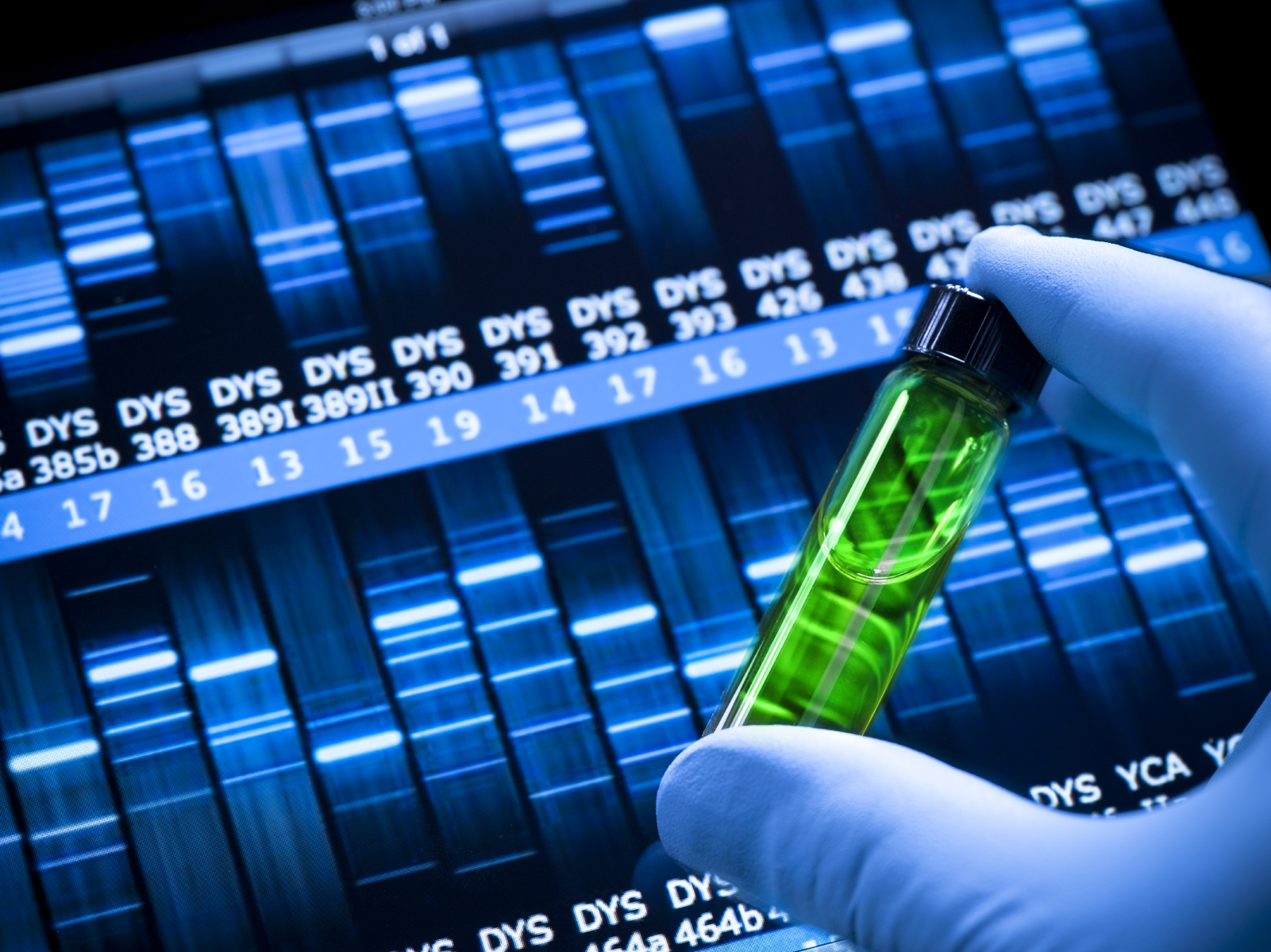Category: Scientific Advances
-

Exploring Gene Transcription During Cell Division
In a paper featured on the cover of Molecular Cell, Northwestern Medicine scientists demonstrated what happens to gene transcription on chromosomes while cells undergo mitosis.
-

Broad Expertise, Best Solutions
Scientists across disciplines, departments and schools at Northwestern University are teaming up to accelerate Northwestern Medicine research and bring innovative ideas to fruition.
-

Protein Degradation Pushes the Cell Cycle Forward
In a recent study, co-author Dileep Varma, PhD, assistant professor of Cell and Molecular Biology, helped explain why the sequential degradation of key proteins is important for normal cell cycle progression.
-

Tracking White Blood Cell Migration
In a new paper, graduate student Evan Weber showed that endothelial protein TRPC6 is the specific calcium channel that helps white blood cells migrate from blood vessels into inflamed tissues and organs.
-

Scientists Find Mechanism That Controls Sleep-Wake Cycle
A recent study sheds new light on how an animal’s biological clock wakes it up in the morning and puts it to sleep at night.
-

Understanding Cellular Interactions During Heart Repair
In a recent study, Shuang Zhang, a fourth year student in the Driskill Graduate Program in the Life Sciences (DGP), shed light on a molecule that mediates cross-talk between cardiac cells and immune cells after injury.
-

Increased Activity in Older Brains May Point to New Avenues for Treating Memory Loss
Recordings of neurons in a little-studied part of the brain associated with memory show an unexpected increase in activity in older brains, a finding that may suggest a new target for therapies to combat memory loss.
-

Exploring How Cells Forge Strong and Flexible Bonds
In a recent study, Northwestern Medicine scientists described a new process that explains how the adhesion between epithelial cells occurs.
-

Regulating the First Step in Gene Expression
Northwestern Medicine scientists have identified the molecular machinery that releases paused gene expression, a finding that helps explain how important developmental genes jumpstart simultaneously.
-

Explaining How a Common Set of Genes Drives Cancer
Behnam Nabet, ’15 PhD, who just completed his doctorate in the Driskill Graduate Program in Life Sciences, studied how mutated Ras genes turn normal cells into cancer cells in a new publication.






